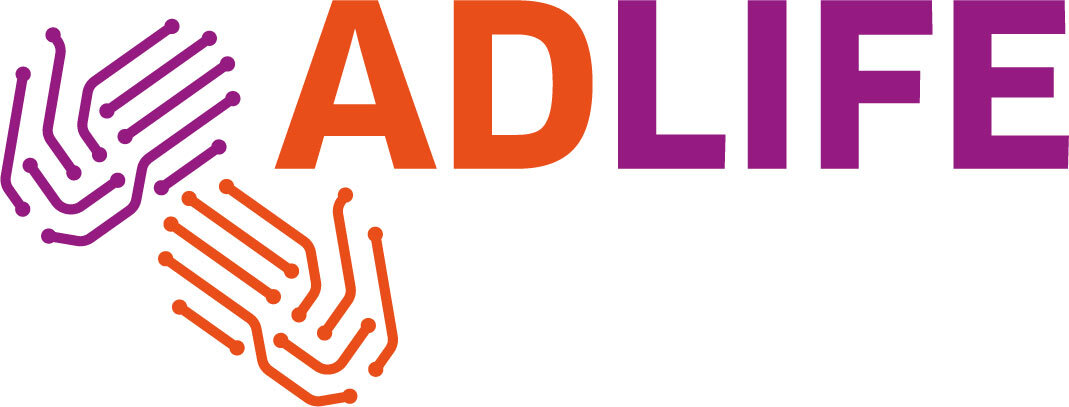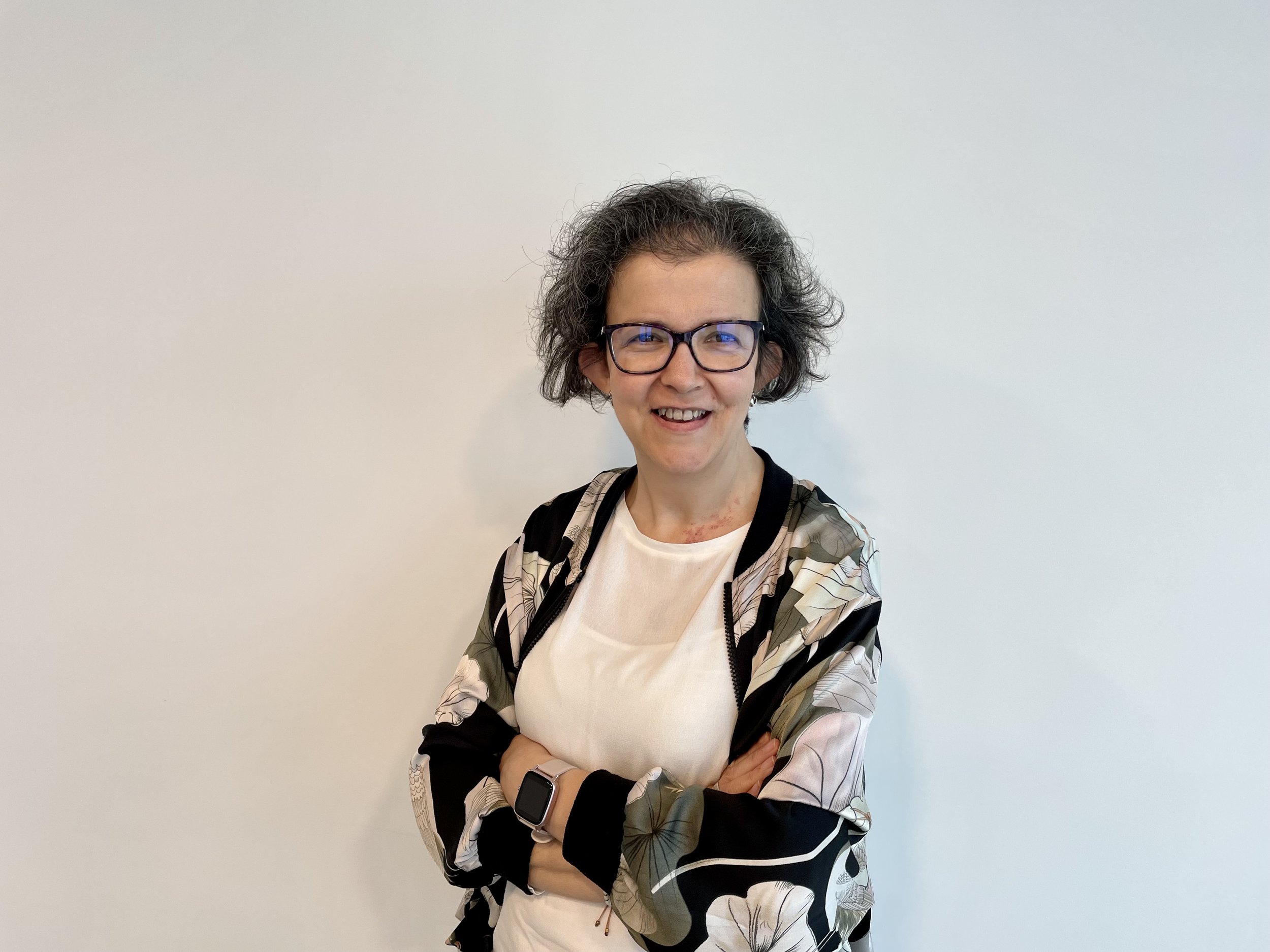Pilot recruitment for coordinated care in the Basque Country
It’s all hands on deck at Kronikgune, one of the sites committed to piloting the innovative ADLIFE toolbox. The recruitment of pilot participants in the Basque Country is in full swing: health care professionals and patients alike will test our intelligent toolbox until the end of the year. The pilot experiences that will take place in several health settings over Europe and Israel will provide crucial input to evaluate and demonstrate the effectiveness of the ADLIFE toolbox.
Veerle De Wispelaere interviews Nerea González, who is steering the recruitment process in the Basque country.
As a researcher working for Kronikgune, the ADLIFE coordinating partner, Nerea González has been involved in the ADLIFE project from the very moment the idea took shape five years ago. Backed by a PhD in psychology and special expertise in qualitative research, her main focus lies within the qualitative evaluation of the project outcomes. Nerea took on the role of pilot site manager and is involved in the recruitment of pilot participants, including health care professionals and patients.
Veerle De Wispelaere: Presenting the brand-new ADLIFE toolbox to potential users must have been an exciting moment. How did they respond on discovering the features of the ADLIFE toolbox?
Nerea González: We first presented the toolbox to health organisations and clinicians. An example of a feature that inspired a lot of enthusiasm, is the intelligent Clinical Decision Support System which provides clinicians with recommendations to help create and maintain a personalised care plan. This includes the early detection of changing patient needs so that clinicians can swiftly make the appropriate updates to the care plan. The recommendations are based on clinical guidelines that are already in use and reconciled with each other. But what is special in ADLIFE is that those recommendations are tailored to the specific and often complex medical situation of patients with chronic diseases, taking into account the comorbidities patients are confronted with.
Another greatly appreciated benefit by health care professionals is the medical summary that is presented as the ADLIFE entry screen. This medical summary contains the most relevant data that is dynamically imported from the patient’s electronic health record known at the hospital or primary care center.
We do see that clinicians are struggling with an overload of work, even more so since the covid pandemic, having to balance the time they invest in research versus day-to-day constraints. But in the end, the ADLIFE toolbox can help them optimise work time management.
VDW: What is your strategy to involve patients?
NG: Once a clinician decides to take part in the pilot, we search the database for patients he cares for who meet the inclusion criteria, in a privacy-compliant way. The clinician draws up the final list of patients, evaluating their clinical situation and ability to participate.
The digital divide is a possible worry as we are addressing elderly patients. Some of them may not be proficient at using digital platforms. Besides our efforts to make the platforms as intuitive as possible, we also invite patients to involve a caregiver such as one of their children or another relative to overcome any possible technological barrier. Next, the clinician invites patients to enroll as he is the person they know and trust.
We have developed different types of communications and training supports for all pilot participants, ranging from information sheets, detailed written manuals and videos, breaking up the information in short concrete steps to guide a fast information retrieval.
But they can obviously always get in touch with us if they have any questions.
VDW: One of the ADLIFE ambitions is to better coordinate integrated care. How did that resonate with health services in the Basque Country?
NG: In this respect, the Basque Public Health Service provides the perfect structure to run our pilot, as 13 Integrated Health Care Organisations manage both primary care centers and hospitals from an integrated care perspective.
The health care professionals displaying the right profile to test the ADLIFE toolbox include primary care professionals and specialised health care consultants such as cardiologists, pneumologists and internal medicine specialists who care for elderly patients with advanced chronic diseases such as COPD and/or congestive heart failure. These complementary roles create the perfect health setting to share and collaborate on personalised care plans.
VDW: What are you most looking forward to?
NG: I’m very excited to start the pilot intervention in a few weeks’ time and see how the ADLIFE toolbox works in a real-life situation. We will collect data all through the pilot phase. As my main field of expertise is qualitative research, I’m looking forward to interviewing health care professionals, staff members, managers, and patients to record how ADLIFE contributes to people’s lives and to more integrated care.
Note: As each pilot has its own particularities, other ADLIFE pilot sites may approach the recruitment of participants in another way.





